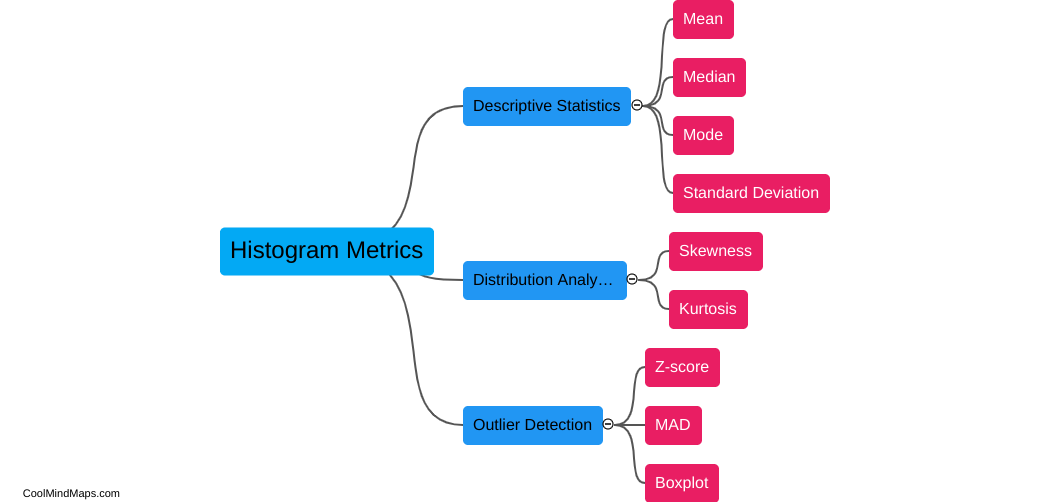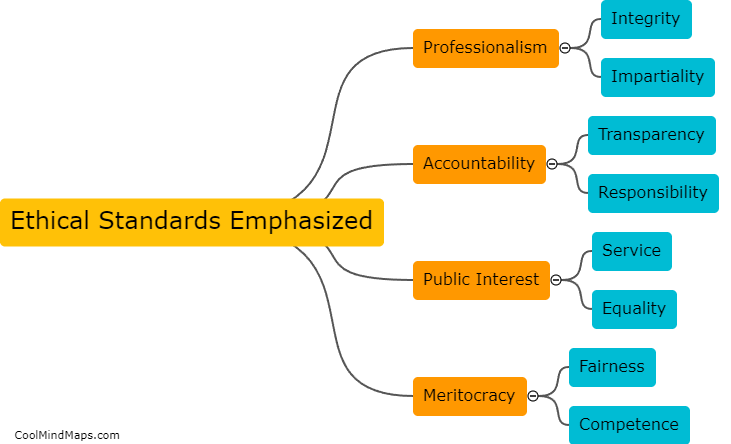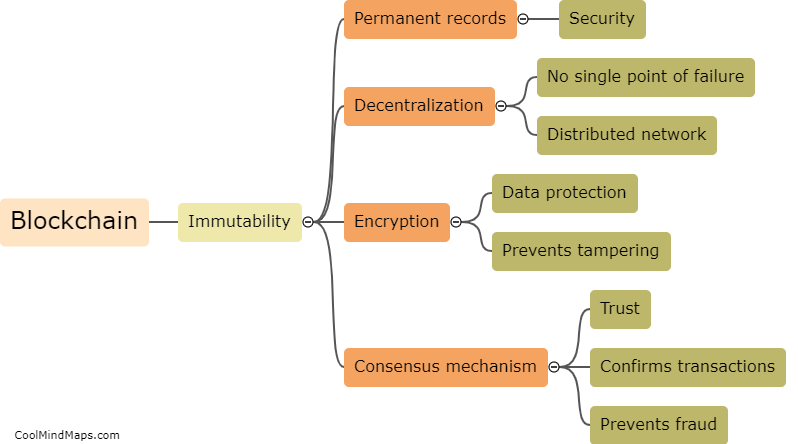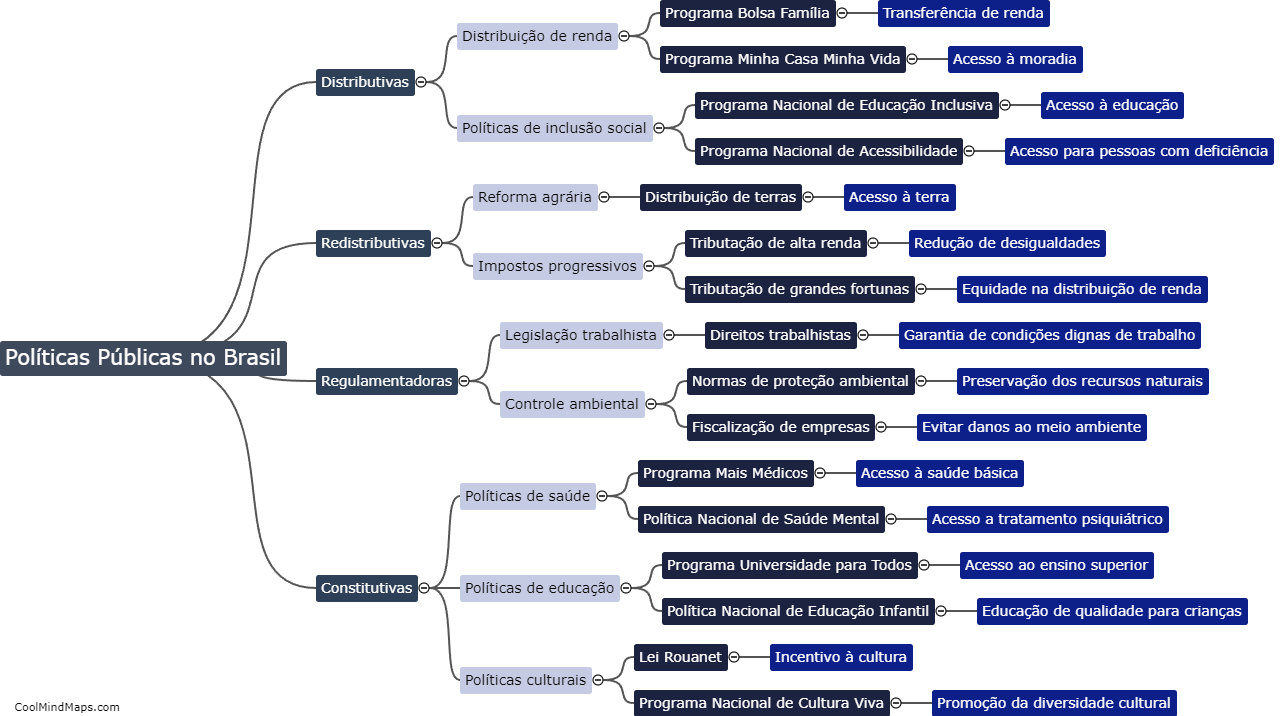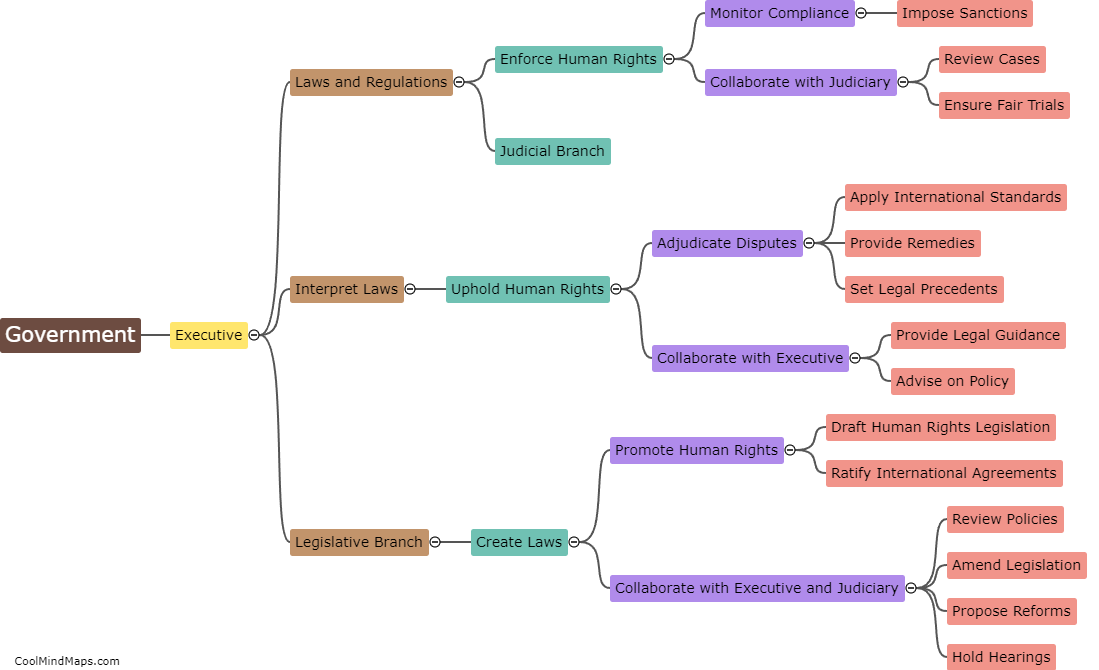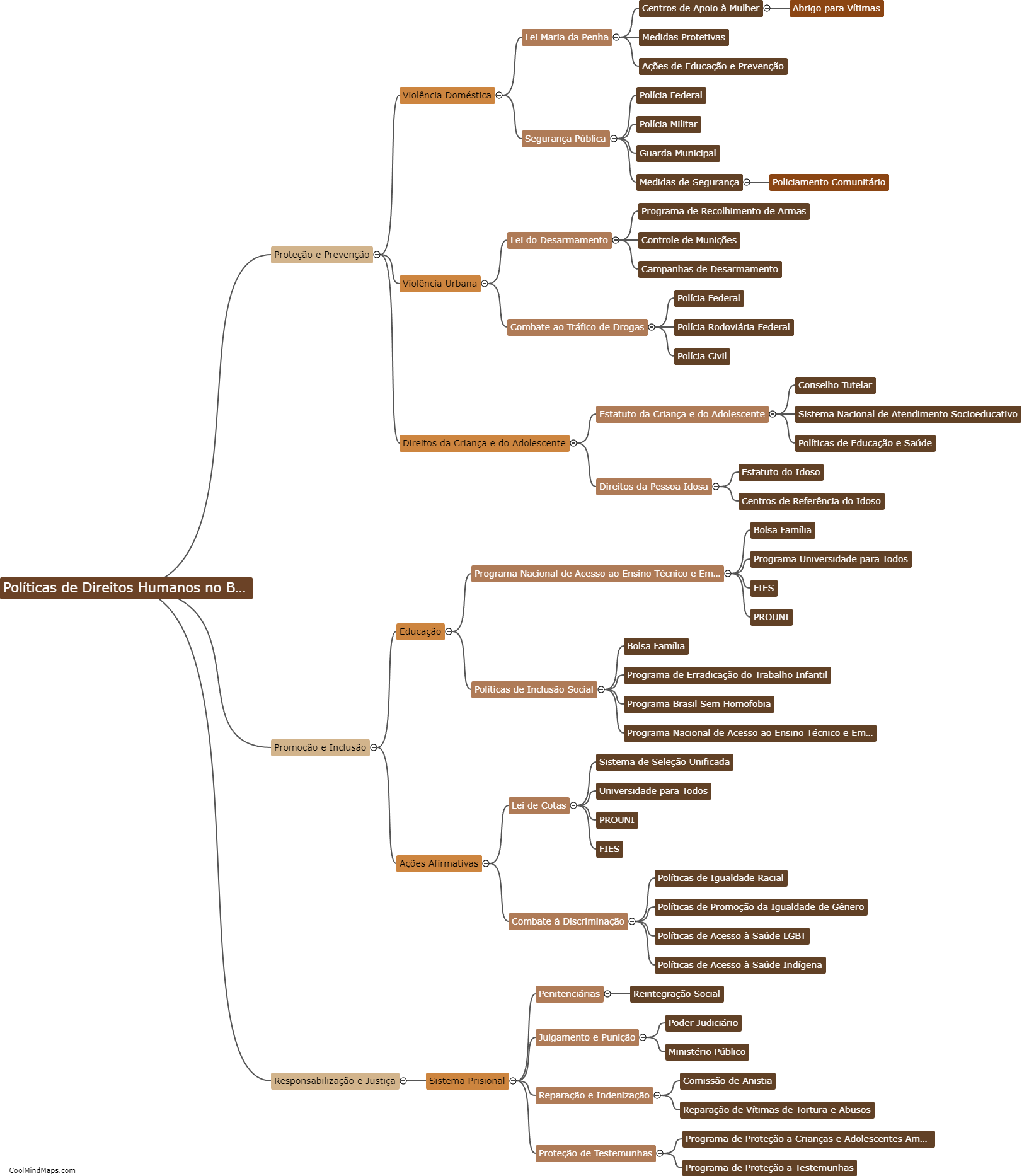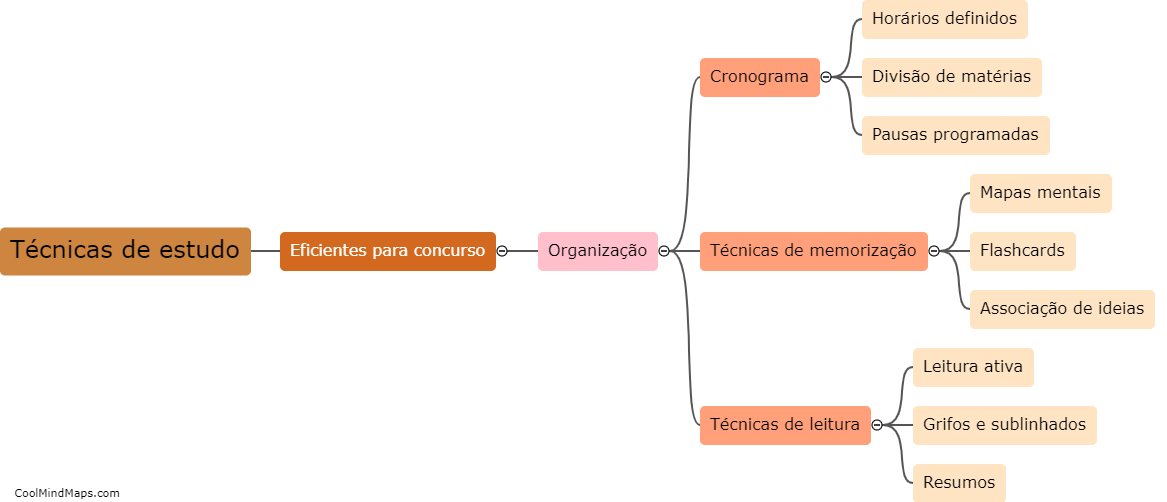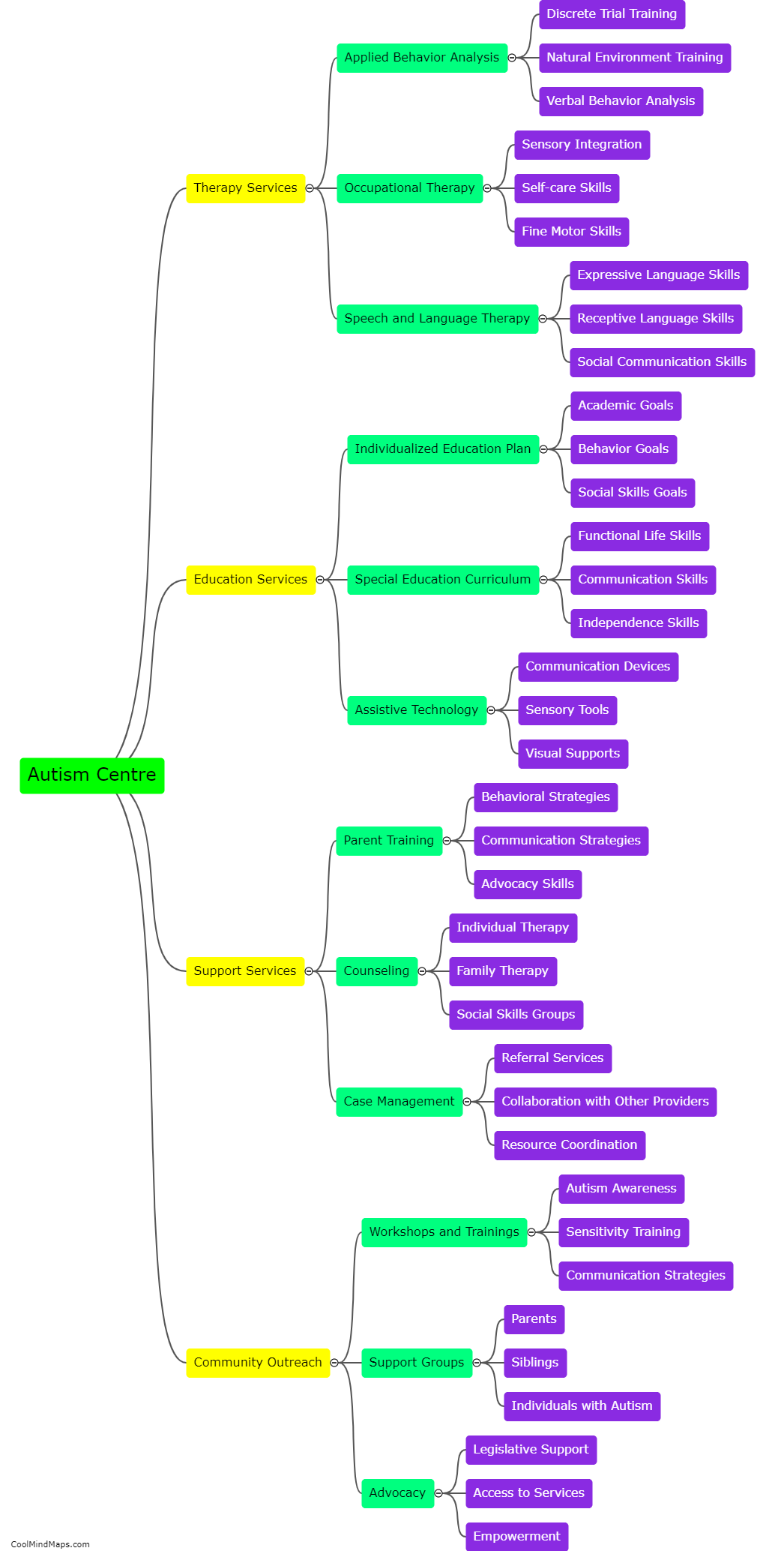Why is learning Turkish considered difficult?
Learning Turkish is often considered difficult due to its complex grammar structure and unique phonetics. Turkish has a highly agglutinative grammar, meaning that words are formed by adding suffixes to the root word. This can be challenging for non-native speakers as it requires a careful understanding of grammatical rules and the ability to form complex sentences. Additionally, Turkish has vowel harmony, which means that vowels within a word must harmonize, further complicating the pronunciation for learners. Moreover, Turkish has a rich vocabulary with borrowed words from various languages, making it sometimes difficult to understand the origins and meanings of different words. Despite these challenges, with dedication and practice, learners can overcome the difficulties and enjoy the rewards of mastering this beautiful and culturally rich language.
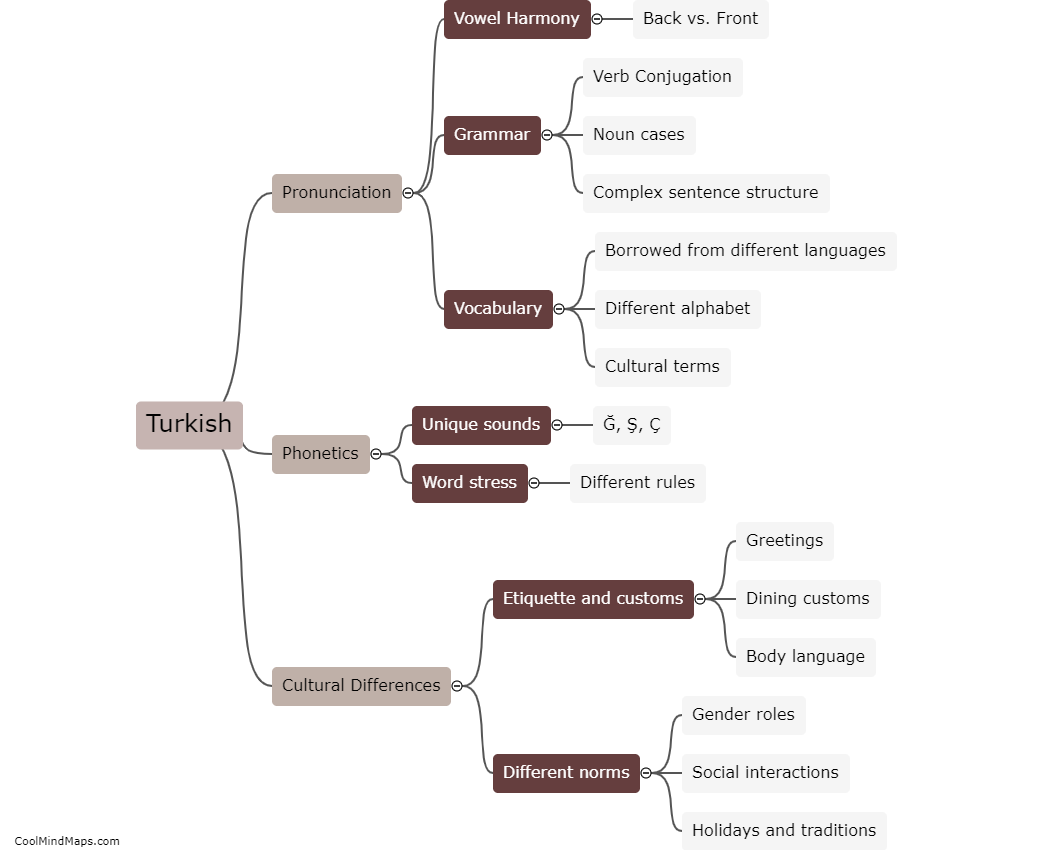
This mind map was published on 7 February 2024 and has been viewed 131 times.
